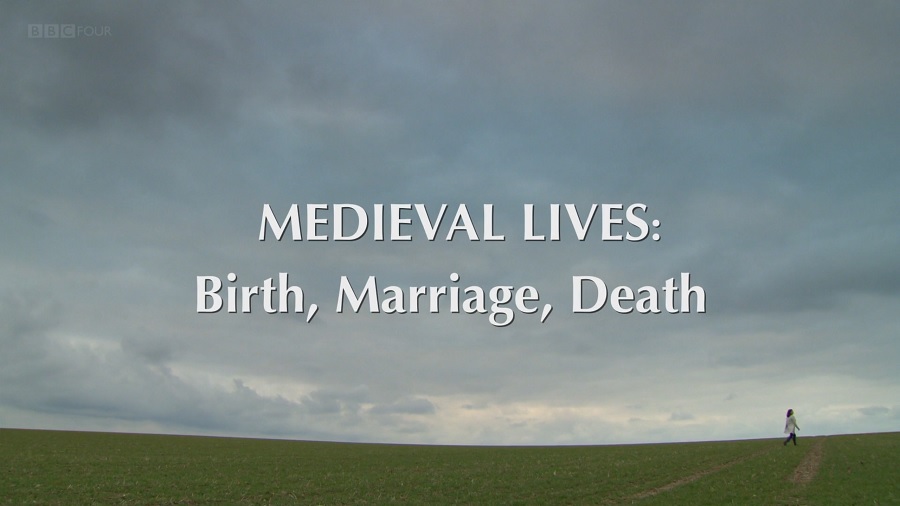Medieval Lives – Birth, Marriage, Death episode 1 – A Good Birth: For a medieval woman approaching the moment of labour and birth, there were no antiseptics to ward off infection or anaesthetics to deal with pain.
Historian Helen Castor reveals how this was one of the most dangerous moments a medieval woman would ever encounter, with some aristocratic and royal women giving birth as young as 13. Birth took place in an all-female environment and the male world of medicine was little help to a woman in confinement. It was believed that the pains of labour were the penalty for the original sin of humankind – so, to get through them, a pregnant woman needed the help of the saints and the blessing of God himself.
Medieval Lives – Birth, Marriage, Death episode 1 – A Good Birth
Historian and author Helen Castor explores how the people of the Middle Ages handled the most fundamental moments of transition in life – birth, marriage and death.
In Medieval Lives: Birth, Marriage, Death, historian and author Dr. Helen Castor (She-Wolves: England’s Early Queens) examines how the people of the Middle Ages handled three of life’s great rites of passage birth, marriage, and death. Why were physicians of no help to women enduring the pains of labor and the dangers of childbirth? Why were newly married couples “put to bed” by the priest on their wedding night? What did it mean to “die well” and why was death such a communal affair, both before and after it happened?
In seeking answers to these and other questions about the medieval world, Castor examines the ways in which the Church dominated the rites and rituals of life, and how every aspect of people’s daily existence was colored by their awareness of the afterlife. She goes on to reveal that, by the end of the Middle Ages, changes in the Church as a result of the Protestant Reformation would mean that these rituals would never be the same again.
